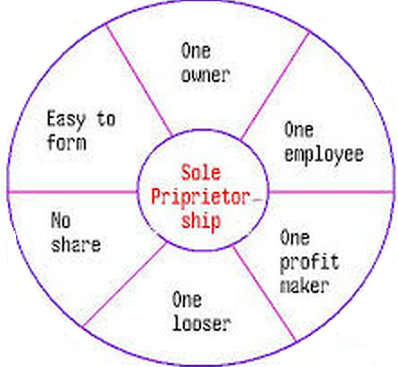Different objective of public
enterprises
Public enterprises or company
established by government in the interest of social. They are not for profit
making but they are formed for social economical area and balanced the economic
growth for different sector. We divide these objects into three parts : -
 |
| objective of public enterprises |
Economic
objective –
ü
Government
always prefer to make condition for fast
economic growth and for this, government provide the basic things like
food, education, better working conditions and better housing.
ü
There
are lots of sectors which require a lot
of money and only government can take these types of steps and also there
are no fix rates of interest.
ü
It
is the responsibility of the government to take such steps which decrease the unbalance of different area
like city – town – village etc.
ü
It
is the responsibility of the government to provide
goods and services on a low rate with a good surplus. These types of
business also require lot of investment.
ü
Unemployment
is always a big issue for government. For this, these enterprises generated jobs but also bear high risk,
cover the unbalance area of economic growth and different locations.
Political
objective –
ü
Do
lot of activity for national defense
like army, oil sector or so on.
ü
Other
national important issue.
Social
objective –
ü
Government
always works for removal of economic & social disparities and also for equal distribution of income level for
all.
ü
Always help the weak sector because they are job oriented and also related with
balance the regional difference.
ü
Always
work to stop monopoly.












